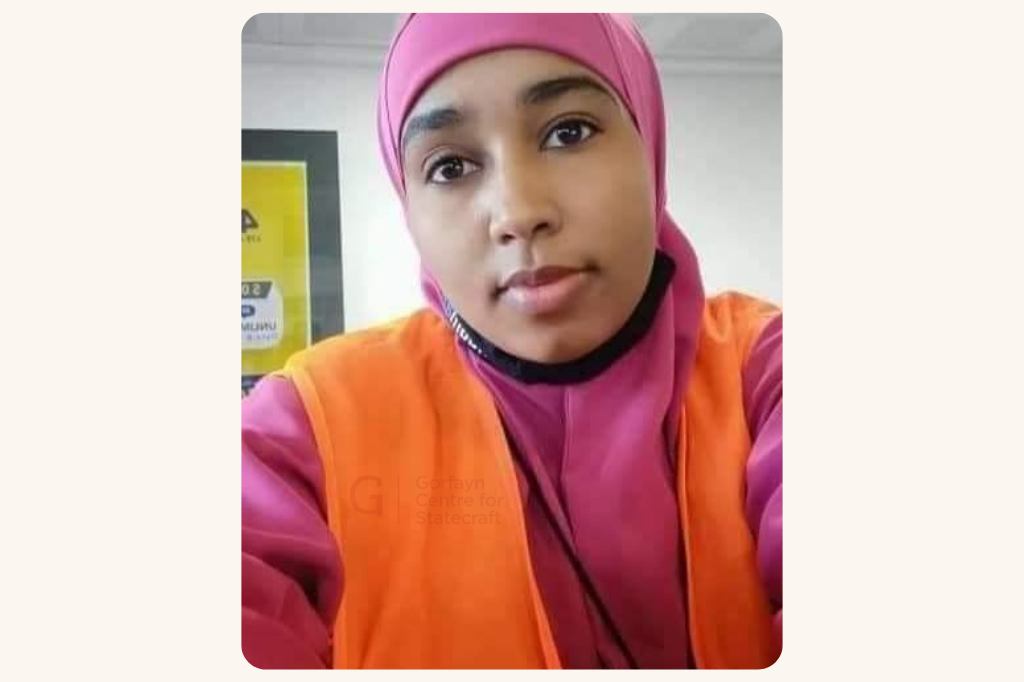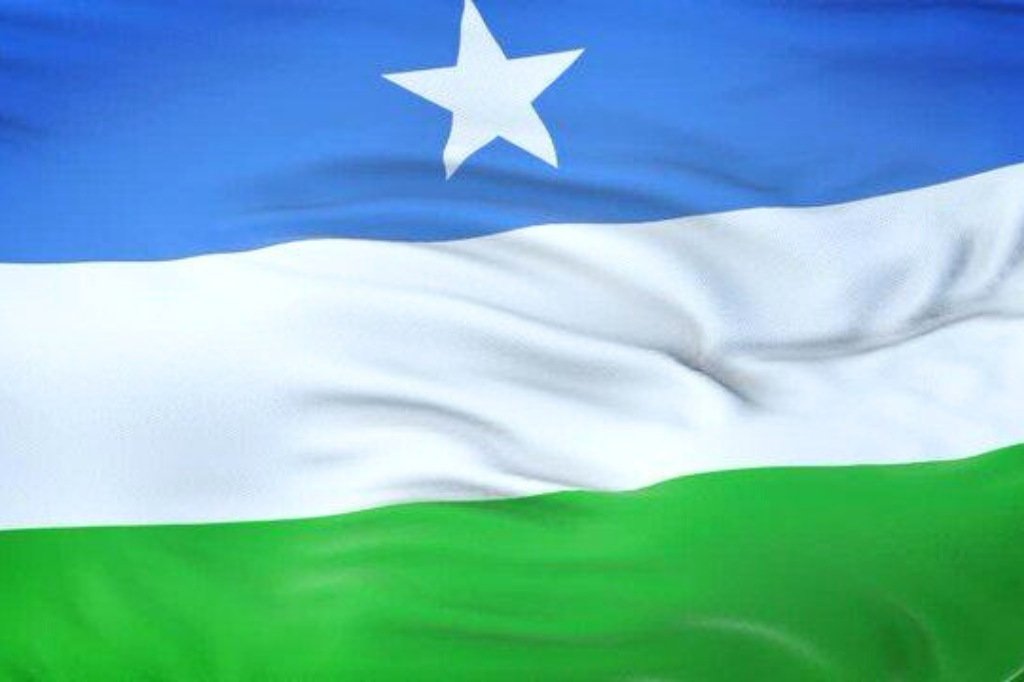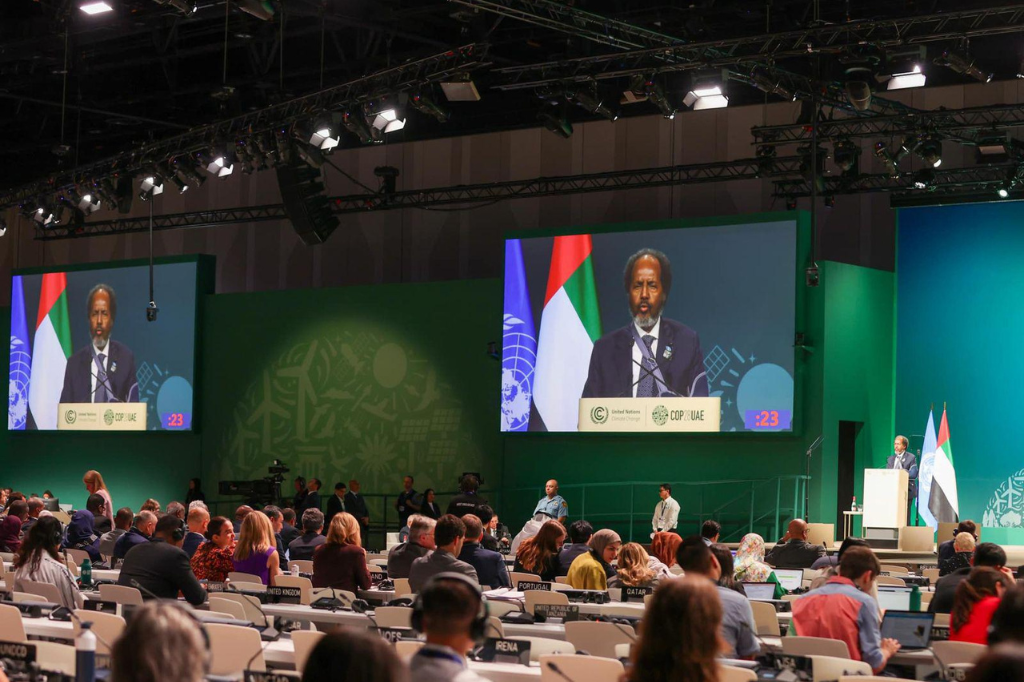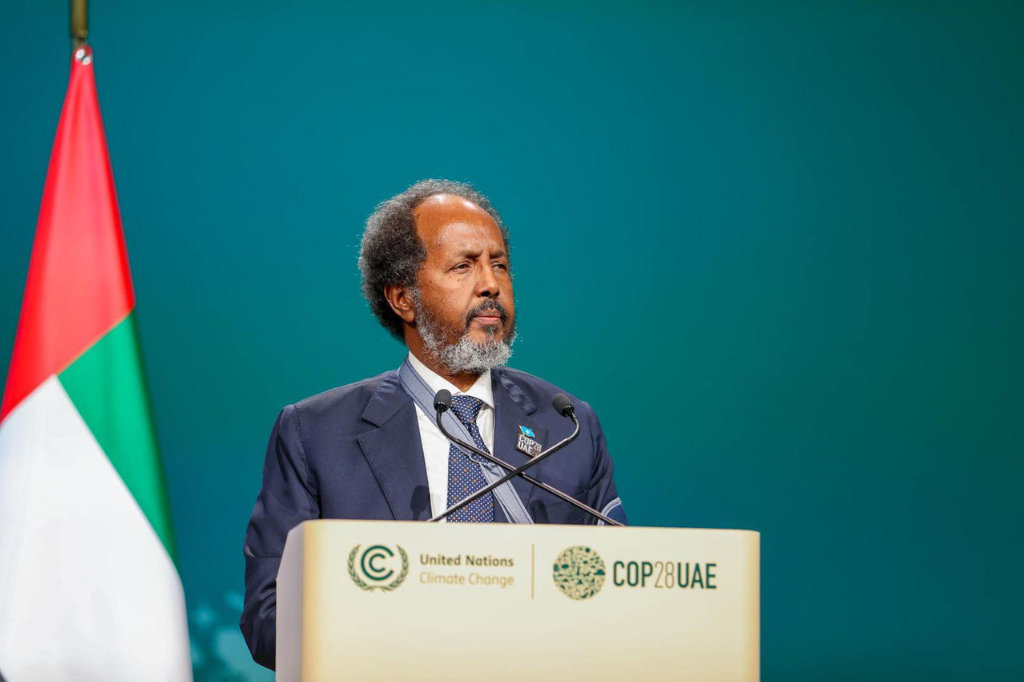
Social Media as a Catalyst for Justice: Empowering Victims in Somalia

The transformative shift in Somalia’s socio-technological landscape in recent years has been remarkable, primarily driven by the widespread access to the internet provided by private telecommunication companies. This growth can be credited to the affordability of internet access fees. The emergence of influential social media figures also played a pivotal role in shaping public opinion.
In addition to this, comes the accessibility to affordable refurbished Smart devices. It has added fuel to the digital revolution, making digital devices more accessible to the general population. This article delves into the profound impact of social media in Somalia, specifically its role as a catalyst for justice and empowerment for victims of various injustices.
Over the past fifteen years, Somalia has witnessed an exponential increase in the usage and participation on various social media outlets. The surge of usage is not just a result of increased connectivity but also the emergence of influential voices using these platforms to obtain fame, monetary gain and spreading awareness. The influential nature of social media outlets has given rise to users that extend beyond Somalia’s geographical boundaries. Those users not only serve as a platform for information broadcasting but also play a crucial role in offering support to victims. As explained earlier the availability of affordable devices has been a dynamic force behind the democratization of digital communication, nurturing an environment where victims can share their stories and seek support.
Media platforms, such as Facebook, YouTube and TikTok, have become essential outlets for victims to share their stories and seek support. The ease of communication on these platforms facilitates the rapid spread of information, enabling victims to bring their grievances to the forefront.
The recent horrifying incident in Mogadishu, where a pregnant wife named Lul Abdiaziz fell victim to a brutal crime perpetrated by her husband, Sayid Maalim Daud, has highlighted the transformative power of social media in Somalia. This tragic tale of injustice has become a poignant example of how online platforms serve as a catalyst for justice and empowerment.
The cries for justice echoed through the digital platforms, prompting the Somali parliament to take notice and address the case. This appalling act did not end with the crime itself; the suspect, Sayid Maalim Daud, managed to escape from the scene with the help of unknown culprits, leaving behind a trail of disbelief and sorrow. The Somali public, fueled by a collective sense of shock and grief, took to social media to express their anger and demand justice for the victim after she succumbed to her injuries. The result of the pressure led to the Somali Police Spokesperson Sadiq Adan Doodishe addressing the situation, and a hunt for the fugitive will be prioritized.
In a nation like Somalia, plagued by political instability and resource constraints, social media become an equalizer. It gave the ability to individuals who may not have the influence to pursue justice through official channels. Victims who might otherwise face indifference or bureaucratic hurdles found a voice in social media, raising awareness and garnering support from a wider audience—therefore, social media give a voice to the voiceless people.
A major progress in the pursuit of justice through social media is the pressure exerted by the online audience. As stories gain traction and gain support the inherent pressure on authorities to take action and deliver justice. The collective voice of concerned and engaged audience becomes a forceful mechanism to hold wrongdoers accountable. This aspect of social media activism reshapes the traditional approach of justice in Somalia. It leads to steps creating a more responsive and accountable society. The power of the online communities to mobilize support and demand accountability adds a layer of complexity to the pursuit of justice.
The Most important role in this progress is the Influencers on media platforms who play a crucial role in influencing public opinion and shaping narratives around injustice. The rise of these influential figures has the potential to reshape the dynamics of justice and accountability in Somalia. Their ability to reach a wide audience quickly magnifies the impact of social media activism. These influencers become advocates for victims, using their platforms to shed light on discrimination and demand accountability from those responsible. The synergy between influencers and the online community creates a powerful force that can drive societal change and challenge the status quo.
In conclusion, social media in Somalia is not merely a passive platform for sharing information and connecting; it has the ability to serves as an active force in pursuing justice. The democratization of the pursuit of justice, facilitated by easy internet access and affordable Smartphone’s, empowers individuals to overcome barriers in their quest for resolution. As social media continues to evolve, its role in addressing discrimination in Somalia is likely to expand, creating a more accountable and responsive society. The rise of influencers and the amplification of public opinion through these platforms have the potential to reshape the dynamics of justice and accountability in the country. Social media, in essence, becomes a transformative tool that empowers victims, engages the public, and demands justice in a society grappling with various challenges.
Abokor Ibrahim Jama
Related News




Somalia’s Single-Use Plastic Bag Ban Was Long Overdue

Election in Puntland: A Historical Overview


Somalia at COP28 Recap: Key Highlights and Outcomes

Breath of Fresh Air: The Force Behind Mogadishu’s Newfound Security

